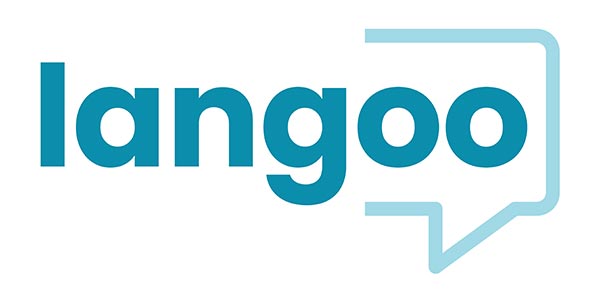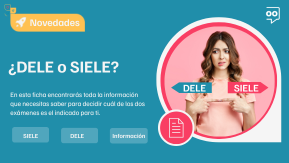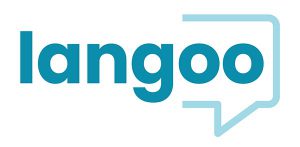Write your informal E-mail in a few easy steps
Teresa
mayo 31, 2022
A guide to get the best mark in your writing task.
Infografía
How to write an informal letter and e-mail for the Cambridge exam?
In the first part of the Writing skill in the B1 level you will always have to write an email or letter. In this exercise you will have a letter or email from a friend or relative with a few notes as instructions to answer it.
The writing must consist of 100 to 120 words, and it should answer the notes marked. The structure is not complex, but the good news is that you do not even have to learn it by heart! You can use the email of the exercise as a guide to build your own. This does not mean that you can copy all the expressions… only the structure!
Example

Characteristics
Your aim is to answer the notes, this means that you should not write an email from scratch.
Use vocabulary closely related to that topic. If the vocabulary is vague or too general, that will show to the examiner that you are not familiar with the required vocabulary.
Use connectors, adverbs and idioms to make it more expressive.
Register. This is an informal writing, so use contractions and exclamation marks!
Structure
Greetings: we say «hi» or «hello» to the person we are writing to.
Opening paragraph: here we express how we feel about the letter we have received. Are we thrilled? Disappointed? Delighted?… let the reader know!
Main paragraphs: these are the central part of the message and should correspond to the notes in the exercise.
Closing paragraph: in this section we let the reader know that we have no more information to discuss. If you have to ask any additional questions, add them to this paragraph.
Goodbye: we use an expression to say goodbye and close the message.
Signature: we use our name.
Model answers
- Hi + name!
- Hello + name!
- It’s nice to hear from you.
- I’m sorry to hear that…
- I’m glad to hear from you.
- I’m very excited about… (the travel, your visit, etc.)
- Thanks for writing
- Well, I should better go.
- It’s time to say goodbye.
- Well, it’s time to go. By the way, do you know if Marta is coming to the party?
- I hope to hear from you soon.
- I hope to receive news from you soon.
- Please, write back as soon as possible.
- Take care,
- Love,
- See you soon,



